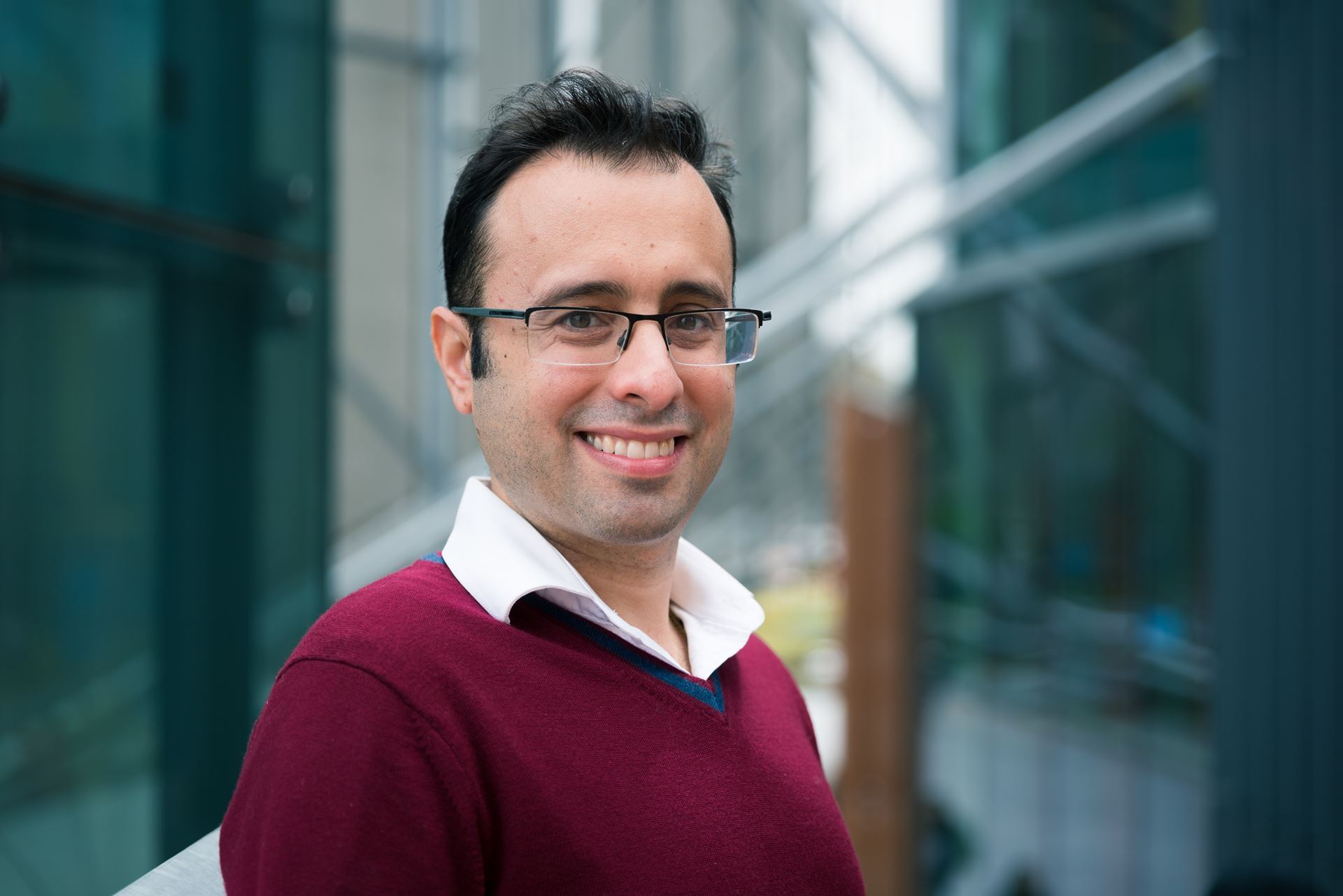We are delighted to announce a seminar by A/Prof Anastasios Pangiotelis and Paco Tseng. We hope to see you all there.
Any questions, please feel free to contact: secretary.nswbranch@statsoc.org.au.
Date: Wednesday, 16th August 2023
Time:
17.30 - 18.15: Paco Tseng
18.15 - 18.30: Break
18.30 - 19.30: A/Prof Anastasios Pangiotelis
19.30 onwards: Dinner (RSVP below)
Venue: Seminar Room 020, Law Building Annex, The University of Sydney
RSVP: Register at https://statsoc.org.au/event-5346616 for in-person attendance or online attendance using here. For dinner, please register here.
Speaker: A/Prof. Anastasios Pangiotelis
Title:
Forecast Reconciliation: A Review
Abstract:
Collections of time series that are formed via aggregation are prevalent in many fields. These are commonly referred to as hierarchical time series and may be constructed cross-sectionally
across different variables, temporally by aggregating a single series at different frequencies, or may even be generalised beyond aggregation as time series that respect linear constraints. When forecasting such time series, a desirable condition is for forecasts to be coherent, that is to respect the constraints. The past decades have seen substantial growth in this field with the development of reconciliation methods that not only ensure coherent forecasts but can
also improve forecast accuracy. This talk will serve as a review of forecast reconciliation and an entry point for researchers and practitioners dealing with hierarchical time series. The talk will include perspectives on forecast reconciliation from machine learning, Bayesian statistics and probabilistic forecasting as well as applications in economics, energy, tourism, retail demand and demography.
Biography:

Anastasios Panagiotelis is an Associate Professor and Deputy Head of the Discipline of Business Analytics at the University of Sydney Business School. He is also a Director of the International Institute of Forecasters and Associate Editor of the International Journal of Forecasting. His work lies in the intersection of business analytics, statistics and econometrics. He has published in a diverse range of top-tier journals including the Journal of the American Statistical Association, Journal of Econometrics and the European Journal of Operational Research and he led the Australian Research Council Discovery Project “Macroeconomic Forecasting in a Big Data World”. Anastasios received his PhD from the University of Sydney and was previously a member of Faculty at Monash University and an Alexander von Humboldt Postdoctoral Researcher at the Technical University of Munich.
Junior Speaker: Paco Tseng

Title: Stochastic Wasserstein gradient flow with JKO Scheme
Abstract:
Applications of Wasserstein gradient flow in the field of Bayesian Computation has been a trending topic since the publication of "Variational Formulation of the Fokker-Planck Equation". The iterative scheme developed under this framework is termed JKO scheme, and the theory states that the solution sequence of the JKO scheme converges to the gradient flow of the KL-divergence with respect to the posterior distribution. At each iteration, the solution is determined by a vector field. In particular, the convergence results relies on the tractable vector field. However, in practice, the vector field is often estimated by some numerical methods for various reason, for instance, large data sets, and analytically intractable vector field. Our work outlines the challenge and condition to establish convergence results of Stochastic-JKO scheme.
Biography:
Paco Tseng is a DARE PhD candidate studying Bayesian Statistics at the University of Sydney with a research interest in Optimal transport and its application in Variational inference. Prior to that, he completed his MSc in 2018 at the University of Melbourne, majoring in Statistics and Stochastic process. In his postgraduate degree, he studied Poisson process approximations in depth to assist in writing his master’s degree research thesis. Upon completion of his MSc, he worked as a data scientist at Suncorp Group for two years, where his role involved application of modern statistical techniques to business problems.
